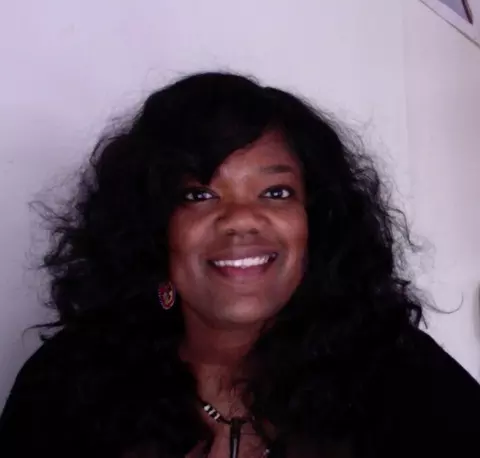Toni Anderson

Presentations from Facing Race 2018
Toni Anderson and Olatunji Oboi Reed will present an interactive workshop entitled "The Community Power Matrix: Harnessing Power to Achieve Racial Equity". The workshop will explore the necessary strategies to facilitate a full suite of burn/build and inside/outside strategies, designed to disrupt patriarchal leadership by shifting to collaborative, decentralized power sharing. The workshop will explore the necessary strategies to achieve freedom for people of color, moving from top down policymaking, to bottom up policymaking, to full collaboration. The workshop will also explore the intersection of urban renewal/gentrification and the serial displacement/redlining of low- to moderate-income, communities of color.
Participants will explore necessary strategies to enforce a shift from intrusive, paternalistic governance of community place to a collective, equitable eco-social system where the most vulnerable benefit the most from urban development.
The ‘CPM’ workshop will posit the triad of necessity stemming from community divestment and inequitable development are:
• The proper defining of equitable planning.
• The role of culture, history and expression in facilitating a community engagement process which is centered at the neighborhood level, meets the specific needs of neighborhood residents and reflects an approach, rooted in culturally relevant axiology.
• The role of public health as a rubric for the prioritization of placemaking and economic development in marginalized communities.
Participants will be given the tools to implement strategies that identify and harness power from grassroots, bottom-up movements and top-down initiatives that require either collective benefits agreements or total disruptions that drain and redistribute resources.